My, how the mighty have fallen.
After the apocalyptic attack on New York City on Sept. 11, 2001, Mayor Rudy Giuliani became known as “America’s Mayor” and earned the title of Time’s Man of the Year in 2001. “When the day of infamy came, Giuliani seized it as if he had been waiting for it all his life,” Time said.
After taking an early lead in the Republican primary polls for the 2008 election, Giuliani quickly flamed out and was put out to pasture as a Fox News pundit. As a talking head, Giuliani became a polarizing figure, accusing Barack Obama of hating America and proposing that Hillary Clinton could be a “founding member of ISIS.”
During the 2016 election, Giuliani stumped for Donald Trump and gave an unhinged performance at the Republican National Convention. He even made the ridiculous claim that “we didn’t have any successful radical Islamic terrorist attack in the United States” during the George W. Bush administration.
Uh, Rudy, remember 9/11?
Recently, Giuliani has sunk even deeper into the swamp by accepting the job nobody wanted: Trump’s lawyer in the Russia investigation. A few days after assuming his new position, he contradicted his client by admitting Trump repaid his lawyer, Michael Cohen, for the $130,000 hush money payment to porn star Stormy Daniels.
But Giuliani’s fall from being the toast of the Big Apple to a persona non grata was never more evident than on May 28, 2018, when he visited Yankee Stadium for his 74th birthday. In between innings, the stadium announcer celebrated his special day saying, “The New York Yankees wish a very happy birthday to Mayor Giuliani,” and he was viciously booed.
@Yankees fans boo @RudyGiuliani on his birthday pic.twitter.com/e6FeFxk2FH
— Muck Savage (@the_irishpsycho) May 28, 2018
At Yankee stadium: “The Yankees wish a happy birthday to former Mayor Rudy Giuliani.”
— Adrian Carrasquillo (@Carrasquillo) May 28, 2018
Thunderous boos rained across the stadium.
The Yankees wished Rudy Giuliani a happy birthday on the scoreboard between innings and immediately loud and clear boos roared around the ballpark.
— Lindsey Adler (@lindseyadler) May 28, 2018
Loud boos at Yankee Stadium when announcer says happy birthday to Rudy Giuliani.
— Philip Klein (@philipaklein) May 28, 2018
The Yankees lost the game 5 to 1 to the Houston Astros.






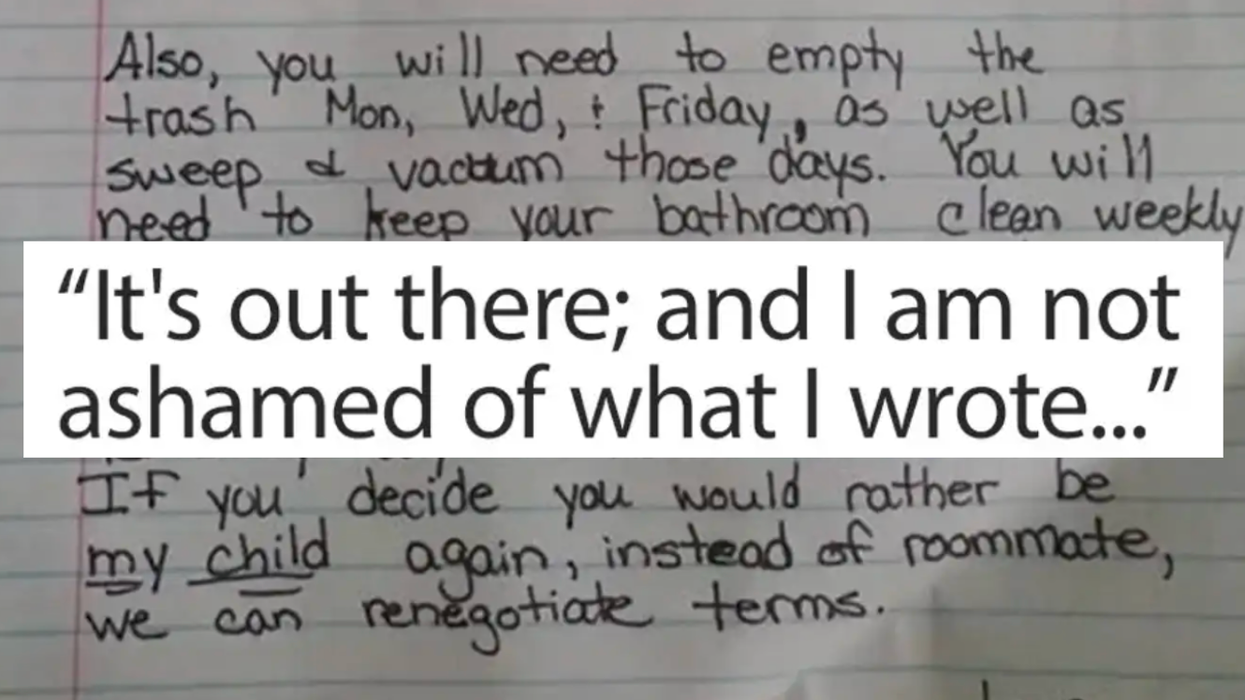
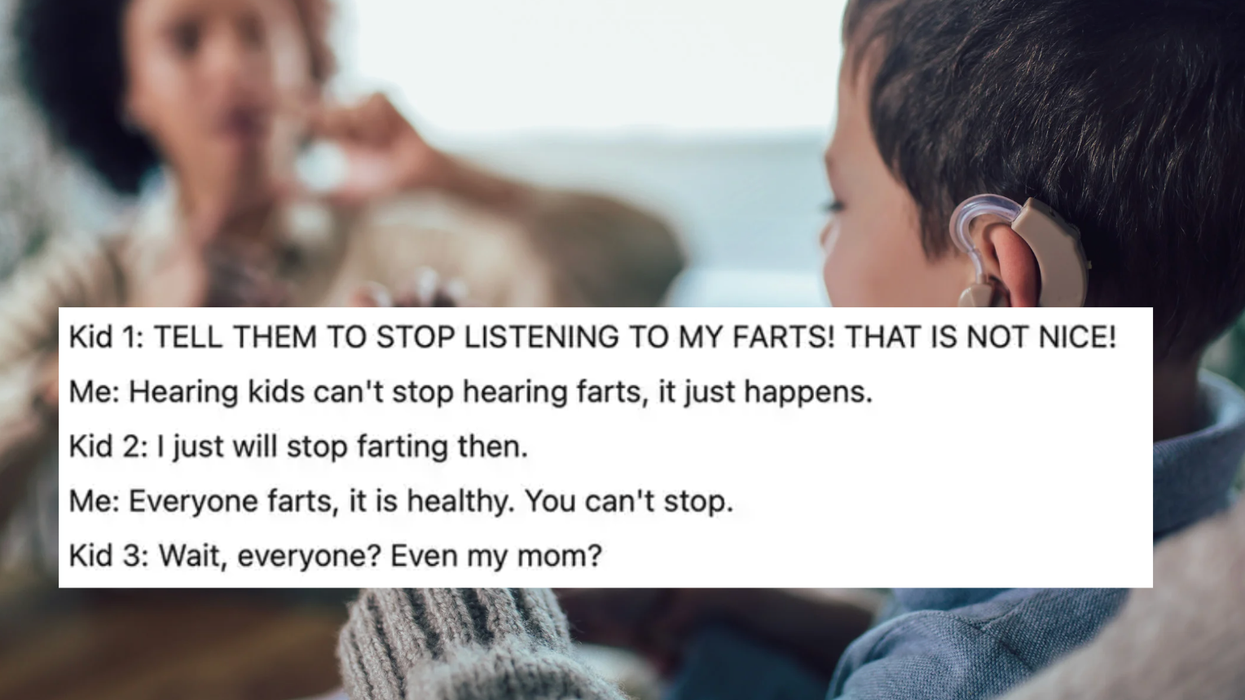

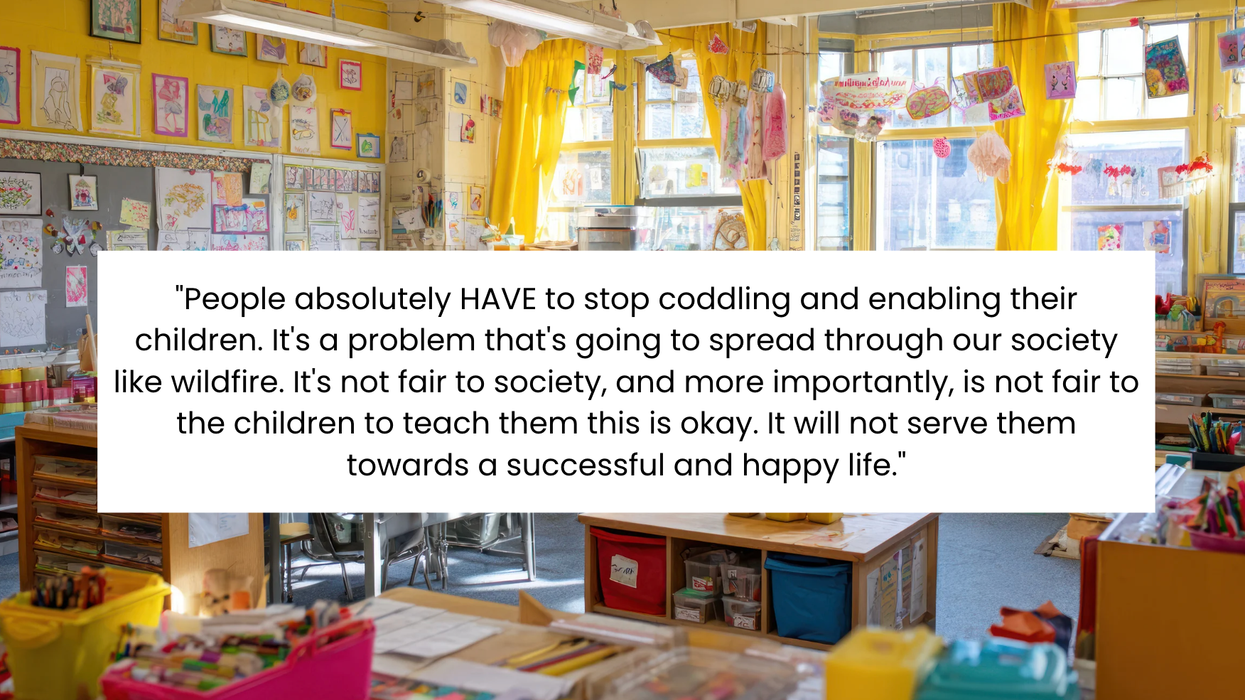







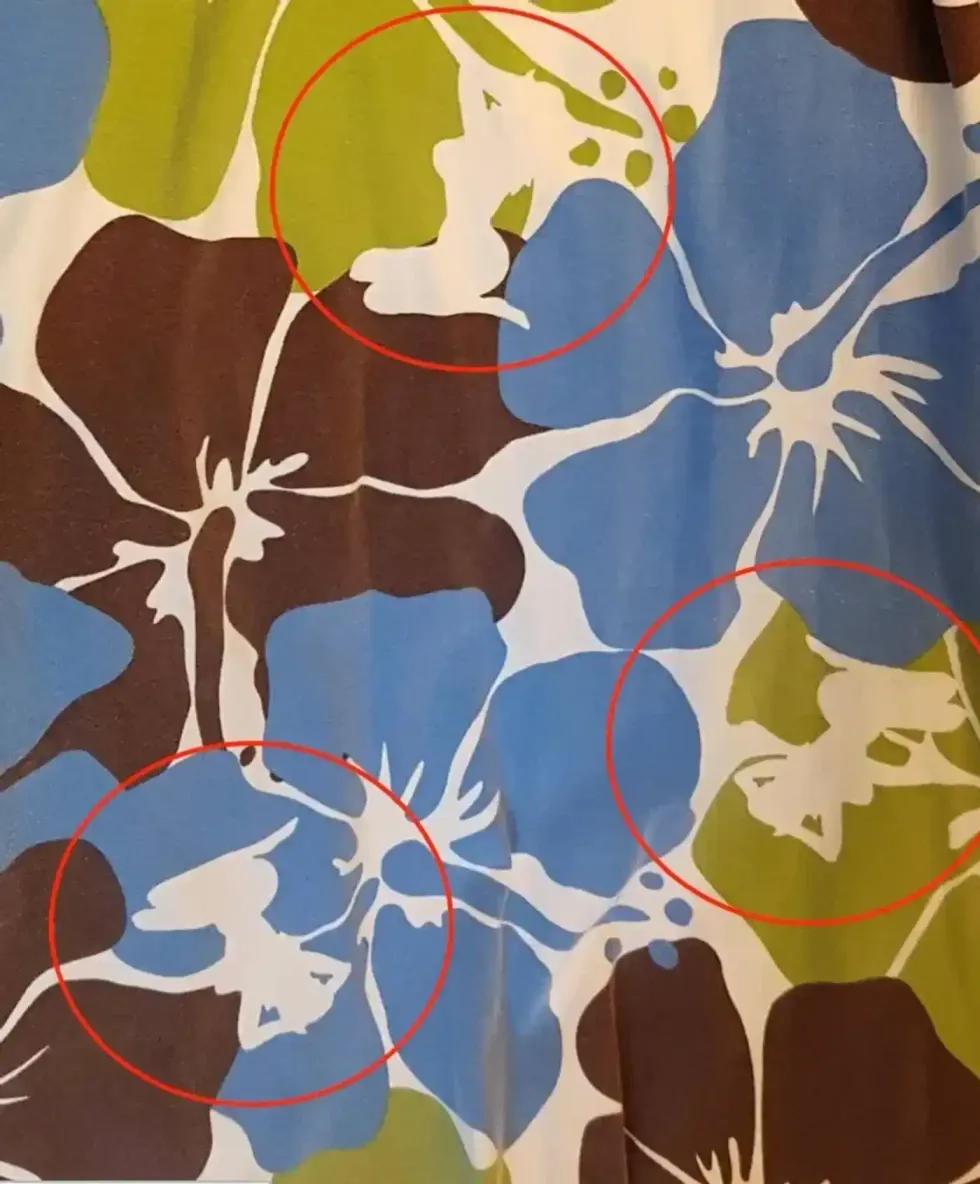 Image of the floral dress with the risque images circled
Image of the floral dress with the risque images circled 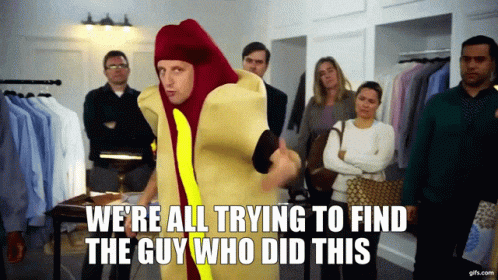 Gif of Tim Robinson via
Gif of Tim Robinson via 
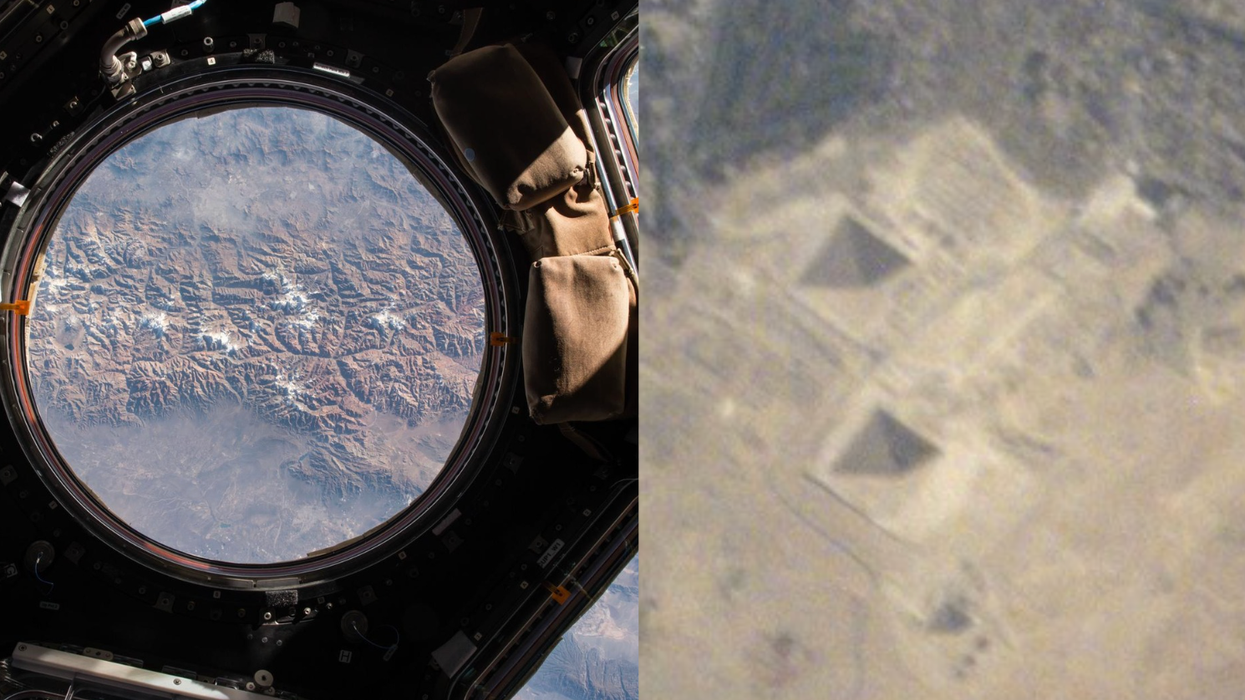

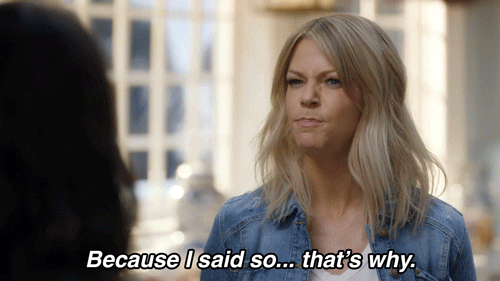 Gif of Kaitlin Olson saying "Because I said so ... that's why" via
Gif of Kaitlin Olson saying "Because I said so ... that's why" via 

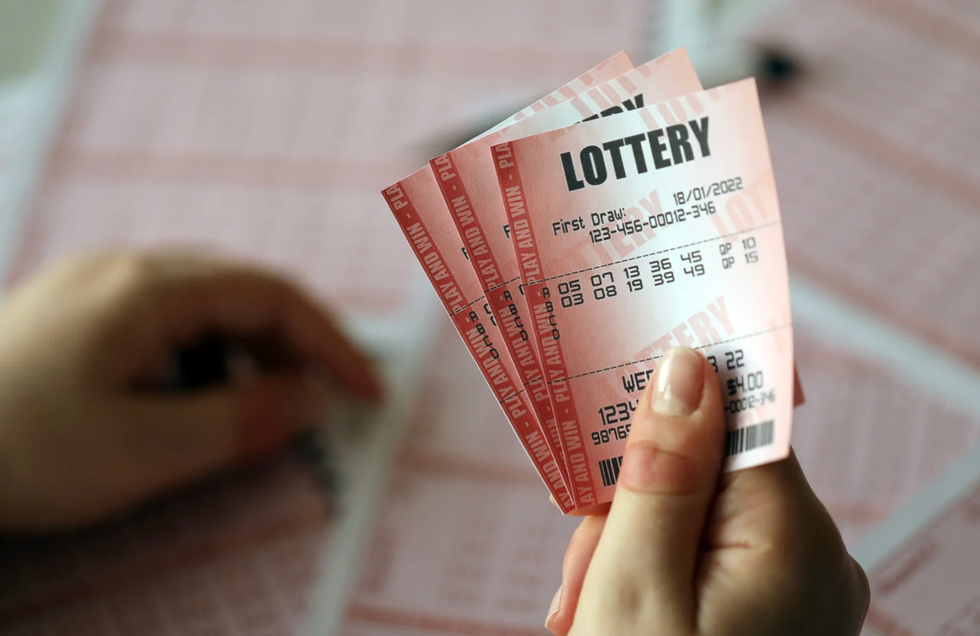 A hand holds several lottery ticketsCanva
A hand holds several lottery ticketsCanva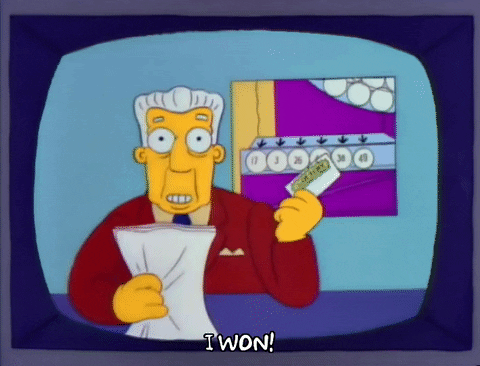 "Simpsons" gif of newscaster winning the lotto via
"Simpsons" gif of newscaster winning the lotto via 

 Kids on their computers.Photo credit:
Kids on their computers.Photo credit:  Young girl holds a drone.Photo credit
Young girl holds a drone.Photo credit  Playing with bubbles.Photo credit:
Playing with bubbles.Photo credit:  Friends on the computer.Photo credit:
Friends on the computer.Photo credit: